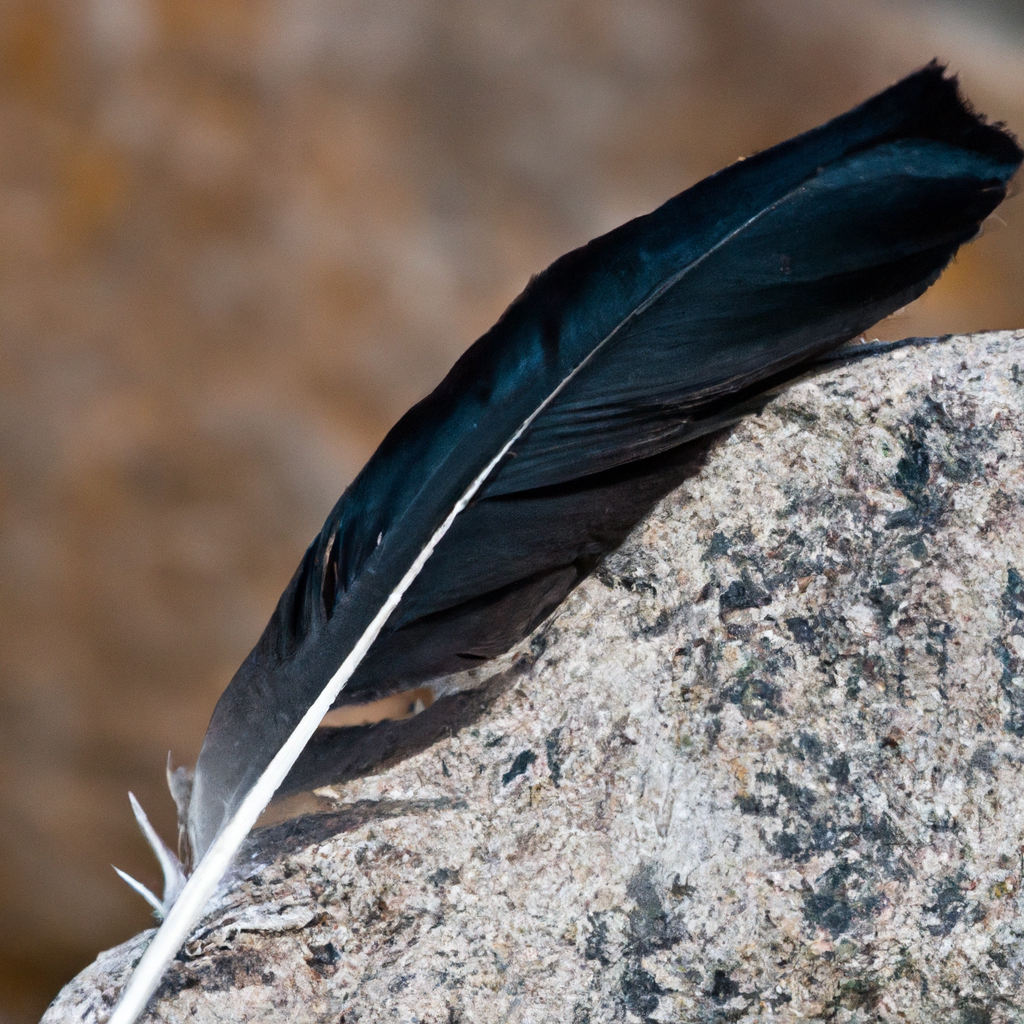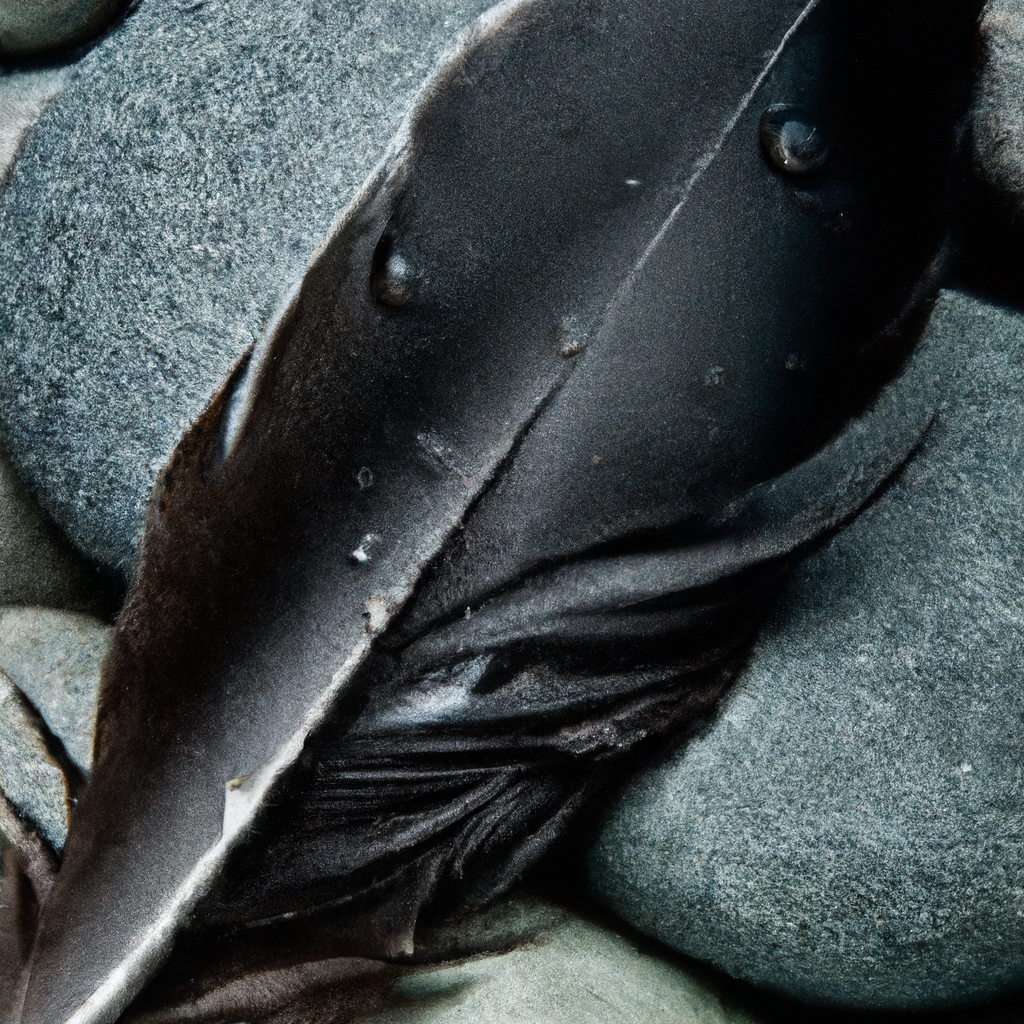Have you ever wondered why birds eat rocks? It may seem strange, but many bird species have been observed consuming small pebbles. While it may appear puzzling at first, there are actually several important reasons behind this behavior. From aiding digestion to providing essential nutrients, this article will explore the fascinating world of why birds have developed the habit of eating rocks. Get ready to uncover the secrets behind this peculiar phenomenon and gain a newfound appreciation for the avian kingdom.
Physical Benefits of Eating Rocks
This image is property of images.unsplash.com.
Digestive Aid
Birds, especially those with a gizzard, rely on rocks to aid in the breakdown of food. When birds consume rocks, they act as grinding tools in the gizzard, helping to break down tough food items such as seeds or insects. The muscular walls of the gizzard contract and crush the food against the rocks, facilitating the digestion process. By incorporating rocks into their diet, birds can extract more nutrients from their food, allowing for optimal digestion and nutrient absorption.
Beak Maintenance
Another physical benefit of eating rocks is beak maintenance. The constant wear and tear on a bird’s beak can lead to chipping or overgrowth. By ingesting small rocks, birds can naturally file down their beaks, preventing any potential issues. This self-maintenance behavior ensures that their beaks remain strong, sharp, and properly aligned, enabling them to forage for food effectively.
Calcium and Mineral Source
Rocks often contain essential minerals and nutrients, such as calcium, that are crucial for the overall health and functioning of a bird’s body. Birds actively seek out rocks high in calcium to supplement their diet and prevent deficiencies. Calcium is particularly vital for eggshell formation, as it strengthens the shell and provides the necessary nutrients for the growing embryo inside. By consuming rocks, birds can ensure that they have an adequate and natural source of calcium as part of their diet.
Nesting and Reproduction
Eggshell Formation
When it comes to nesting and reproduction, birds rely on the ingestion of rocks for the formation of strong and durable eggshells. The calcium obtained from rocks plays a significant role in the production of eggshells. By consuming rocks rich in calcium, female birds are able to deposit the necessary minerals in their bodies, which are then used to create a sturdy and protective shell for their eggs. This ensures that the developing embryos are safeguarded during the incubation period.

This image is property of images.unsplash.com.
Construction of Nests
Birds also use rocks in the construction and maintenance of their nests. Certain bird species incorporate rocks into their nests to provide stability and structure. By strategically placing rocks within the nest, birds can create a solid foundation, preventing the nest from collapsing. Rocks can also act as insulation, regulating the temperature within the nest and protecting the eggs or hatchlings from extreme temperatures. This resourcefulness in using rocks showcases the adaptive nature of birds in their nesting behaviors.
Thermoregulation
Insulation
Rocks can serve as a natural insulating material for birds. By incorporating rocks into their nests or perching on them, birds can benefit from the thermal properties of the rocks. Rocks have the ability to absorb heat during the day and release it slowly at night, helping to maintain a stable temperature within the nest. This insulation aids in protecting the birds from both cold and warm weather conditions, ensuring their comfort and the survival of their young.
This image is property of images.unsplash.com.
Cooling Mechanism
In addition to insulation, birds also use rocks as a cooling mechanism. During hot weather, birds will often seek out shaded areas with exposed rocks to rest upon. By transferring heat from their bodies to the rocks, birds can regulate their body temperature, preventing overheating. This behavior, known as “rock sunning,” helps birds conserve energy and maintain a healthy body temperature, promoting their overall well-being.
Grit for Grinding Food
Food Breakdown
Grit, in the form of small rocks or stones, plays a vital role in the breakdown of food in a bird’s digestive system. When birds consume food, it moves from the crop to the gizzard, where the rocks they have ingested aid in the grinding process. The muscular contractions of the gizzard and the abrasive action of the rocks work together to break down the food into smaller particles. This enhances the bird’s ability to extract nutrients from the food and promotes efficient digestion.

Sour Crop Defense
Birds, especially those that consume a high proportion of plant material or fibrous food, may face the risk of sour crop. Sour crop occurs when the crop, a storage pouch in the bird’s digestive system, becomes impacted or fails to empty properly. The ingestion of rocks can help mitigate this condition by providing additional grit that aids in crop function. The rocks act as a natural way to assist in the breakdown of food and facilitate the movement of material through the digestive tract, reducing the likelihood of crop-related issues.
Helping Digestion Process
Gizzard Function
The gizzard, a specialized muscular organ present in birds, plays a crucial role in the digestion process. By consuming rocks, birds employ the gizzard to its full potential. The gizzard contracts and grinds against the rocks, effectively breaking down food into smaller particles. This function enables birds to extract more nutrients from their food, contributing to their overall health and well-being.

Accelerating Digestion
By utilizing rocks in their diet, birds can accelerate the digestion process. The grinding action of the rocks in the gizzard not only aids in breaking down food but also promotes quicker digestion. This increased rate of digestion allows birds to process a larger quantity of food efficiently, providing them with the necessary energy for various activities, such as migration, foraging, and breeding.
Removing Toxic Substances
Detoxification Method
Ingesting rocks can be an essential part of a bird’s detoxification process. Some rocks contain properties that bind to harmful substances, such as heavy metals or toxins, present in the bird’s digestive system. By consuming these rocks, birds can reduce the absorption and circulation of these toxic substances, ensuring that they are safely eliminated from their bodies. This detoxification mechanism helps birds maintain their overall health and prevents potential harm caused by ingested toxins.
Binding Harmful Minerals
Certain minerals present in bird diets, such as iron or excess zinc, can be harmful when accumulated in excessive amounts. Rocks high in specific minerals can act as a binding agent, preventing the excess minerals from being absorbed by the bird’s digestive system. By incorporating these rocks into their diet, birds can regulate their mineral intake and protect themselves from potential toxicities associated with certain minerals.
Supplemental Nutrition
Caloric Intake
Rocks can serve as a source of supplemental nutrition for birds. Although rocks themselves do not provide direct energy, their consumption can indirectly contribute to a bird’s caloric intake. By improving digestion and nutrient absorption, the utilization of rocks in the digestive process enables birds to extract more energy from their food. This additional energy can be crucial for birds, especially during periods of high energy demand, such as breeding or migration.
Protein and Nutrient Boost
Rocks can also serve as additional sources of essential nutrients for birds. Some rocks, particularly those rich in trace minerals, can contribute valuable nutrients that may be lacking in the bird’s diet. These minerals are essential for various physiological functions, including growth, feather development, and immune system functioning. By consuming rocks with these beneficial minerals, birds can supplement their diet and ensure they receive a well-rounded array of nutrients for optimal health.
Pica Behavior
Accidental Consumption
Although birds generally purposefully consume rocks as part of their natural behavior, there are instances where accidental consumption occurs. Birds may occasionally mistake small rocks for food items, especially if they resemble seeds or insects. This accidental ingestion can be a result of poor eyesight, confusion, or simply a misjudgment. While accidental consumption may not provide the same physical benefits as intentional ingestion, it remains a noteworthy aspect of bird behavior.
Novelty or Behavioral Disorder
In certain cases, birds may exhibit pica behavior, which is characterized by the consumption of non-food items, including rocks. This behavior can be attributed to various factors such as curiosity, boredom, or even underlying medical conditions. While pica behavior is not considered normal or beneficial for birds, it highlights the complexity of avian behavior and the need for further research to understand the underlying motivations behind such actions.
Species-Specific Behavior
Adaptive Strategy
The consumption of rocks as part of a bird’s diet can be considered a species-specific behavior. Different bird species have evolved specific adaptations to utilize rocks to their advantage. Whether it is incorporating rocks into their nests, selecting specific rocks for grit consumption, or utilizing rocks for thermoregulation, these species-specific behaviors highlight the versatility and adaptability of birds to their environment.
Cultural Transmission
Birds also exhibit cultural transmission when it comes to the consumption of rocks. Some bird species pass on the knowledge of using rocks for specific purposes, such as nest construction or digestion aid, from one generation to another. This cultural behavior ensures that essential skills and practices are preserved and passed down, contributing to the survival and success of the species as a whole.
Environmental Influences
Availability of Suitable Food Items
The availability of suitable food items can influence the extent to which birds rely on rocks for various physical benefits. In environments where food resources may be scarce or limited in certain nutrients, birds may rely more heavily on consuming rocks to supplement their diet. The rocks present in their surroundings provide a readily available source of minerals, aiding in their overall nutritional well-being.
Necessity for Survival
For some bird species, the consumption of rocks may be a necessity for their survival. In habitats where rocks are scarce, birds may need to actively search for and consume rocks to fulfill their specific dietary requirements. These birds have evolved to rely on rocks as a vital resource, ensuring their ability to thrive in challenging environments and adapt to changing conditions.
In conclusion, the physical benefits of eating rocks for birds are numerous and essential for their well-being. From aiding in digestion, nest construction, and thermoregulation, to providing beneficial minerals and toxins removal, the consumption of rocks is an integral part of birds’ natural behaviors and evolutionary adaptations. Understanding and appreciating the importance of this behavior contributes to our knowledge of avian biology and the intricate relationship between birds and their environment.


